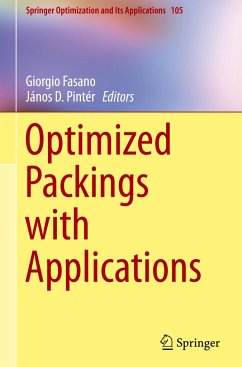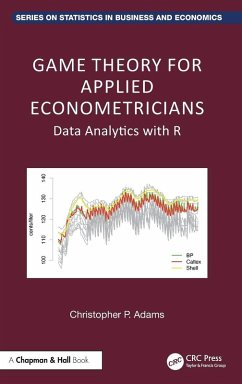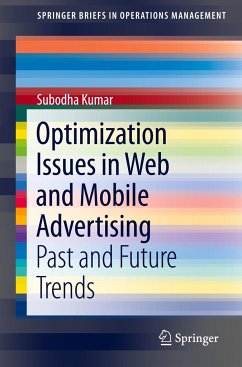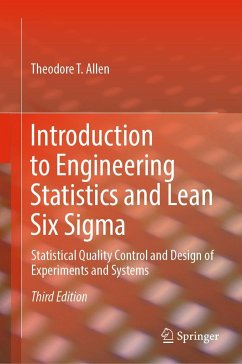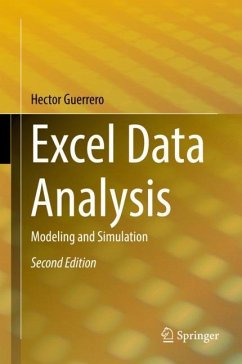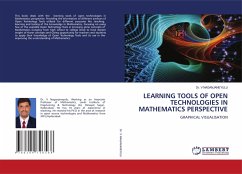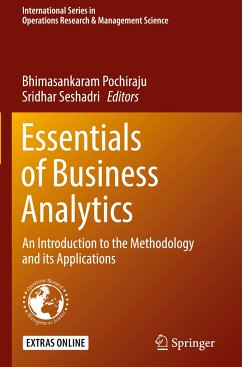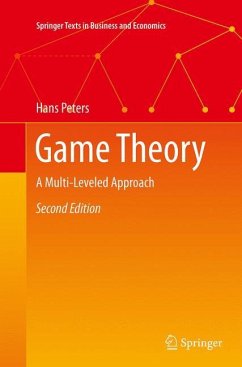
Applied Mathematics with Open-Source Software
Operational Research Problems with Python and R
Versandkostenfrei!
Versandfertig in 6-10 Tagen
47,99 €
inkl. MwSt.
Weitere Ausgaben:

PAYBACK Punkte
24 °P sammeln!
Applied Mathematics with Open-source Software: Operational Research Problems with Python and R is aimed at a broad segment of readers who wish to learn how to use open-source software to solve problems in applied mathematics. The book has an innovative structure with 4 sections of two chapters covering a large range of applied mathematical techniques: probabilistic modelling, dynamical systems, emergent behaviour and optimisation. The pairs of chapters in each section demonstrate different families of solution approaches. Each chapter starts with a problem, gives an overview of the relevant th...
Applied Mathematics with Open-source Software: Operational Research Problems with Python and R is aimed at a broad segment of readers who wish to learn how to use open-source software to solve problems in applied mathematics. The book has an innovative structure with 4 sections of two chapters covering a large range of applied mathematical techniques: probabilistic modelling, dynamical systems, emergent behaviour and optimisation. The pairs of chapters in each section demonstrate different families of solution approaches. Each chapter starts with a problem, gives an overview of the relevant theory, shows a solution approach in R and in Python, and finally gives wider context by including a number of published references. This structure will allow for maximum accessibility, with minimal prerequisites in mathematics or programming as well as giving the right opportunities for a reader wanting to delve deeper into a particular topic.
Features
An excellent resource for scholars of applied mathematics and operational research, and indeed any academics who want to learn how to use open-source software.
Offers more general and accessible treatment of the subject than other texts, both in terms of programming language but also in terms of the subjects considered.
The R and Python sections purposefully mirror each other so that a reader can read only the section that interests them.
An accompanying open-source repository with source files and further examples is posted online at https://bit.ly/3kpoKSd.
Features
An excellent resource for scholars of applied mathematics and operational research, and indeed any academics who want to learn how to use open-source software.
Offers more general and accessible treatment of the subject than other texts, both in terms of programming language but also in terms of the subjects considered.
The R and Python sections purposefully mirror each other so that a reader can read only the section that interests them.
An accompanying open-source repository with source files and further examples is posted online at https://bit.ly/3kpoKSd.





